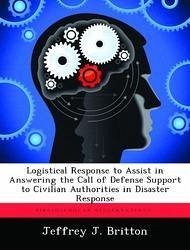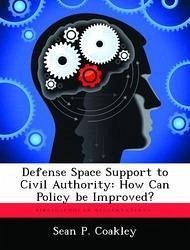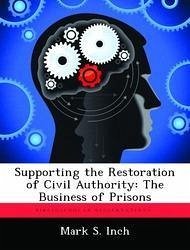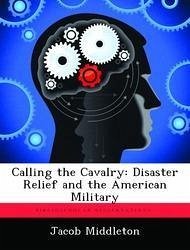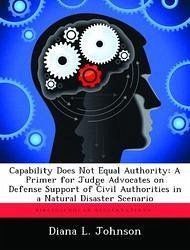
Capability Does Not Equal Authority: A Primer for Judge Advocates on Defense Support of Civil Authorities in a Natural Disaster Scenario
Versandkostenfrei!
Versandfertig in über 4 Wochen
52,99 €
inkl. MwSt.

PAYBACK Punkte
26 °P sammeln!
Government failed because it did not learn from past experiences, or because lessons thought to be learned were somehow not implemented. If 9/11 was a failure of imagination, then Katrina was a failure of initiative. It was a failure of leadership." Select Bipartisan Committee to Investigate the Preparation for and Response to Hurricane Katrina, 109th Cong., Final Report: A Failure of Initiative, 2d Sess. (2006) As military professionals, one of the most important lessons we can learn from lack of readiness to respond to a major disaster of Hurricane Katrina's proportions is to be supremely ce...
Government failed because it did not learn from past experiences, or because lessons thought to be learned were somehow not implemented. If 9/11 was a failure of imagination, then Katrina was a failure of initiative. It was a failure of leadership." Select Bipartisan Committee to Investigate the Preparation for and Response to Hurricane Katrina, 109th Cong., Final Report: A Failure of Initiative, 2d Sess. (2006) As military professionals, one of the most important lessons we can learn from lack of readiness to respond to a major disaster of Hurricane Katrina's proportions is to be supremely certain that the Department of Defense's role in Defense Support of Civil Authorities (DSCA) is well-learned proactively -- before disaster strikes -- rather than remedially in the chaos, confusion, and uncertainty of aftermath. Although many legal scholars have written on DSCA, what is missing from the literature is a comprehensive guide dealing with legal issues that an installation-level judge advocate will most likely face during the first 72 hours after a disaster strikes. This paper is intended to be a primer for installation-level judge advocates who have little experience with DSCA, and find themselves advising a commander after a natural disaster strikes. The primer initially informs the judge advocate regarding the basics of DSCA. A natural disaster scenario is then introduced and walks a judge advocate through common issues which arise under Immediate Response Authority, Posse Comitatus, the Stafford Act, The National Response Framework, the rules for use of force, duty status, civil disturbances and funding in DSCA.



